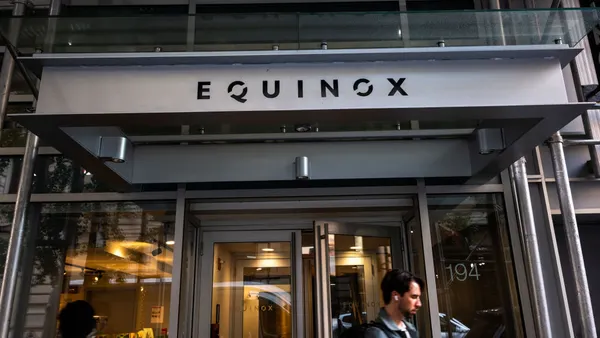Dive Brief:
- CHROs are among the execs with whom chief communications officers (CCO) works most closely when it comes to branding, a new Page survey revealed. CCOs named only chief marketing officers (CMOs) and CEOs more frequently.
- Page, a global organization for communication executives, said that the growing influence of CHROs in organizational branding is due to potential employees’ stands on societal issues and a growing focus on leveraging culture to attract and retain talent.
- The report, The CCO as Pacesetter, connected the CHRO role in branding to a shift in management that considers increasingly outspoken employees in an organization’s commitment to values; a dual investment in talent and technology; and the formation of dedicated teams that can be formally trained in soft skills like agility and hard skills like technology.
Dive Insight:
CHROs are increasingly part of the branding process because the employee value proposition (EVP) — and whether the right people will stick around — is key to a brand's overall success. But employers that try to artificially create their EVP may end up making costly mistakes, a white paper from Alexander Man Solutions noted earlier this year. Myths about the power of artificially-made EVP can actually increase turnover, Sondra Dryer, the organization's global head of Employer Brand & Experience, said in the report.
"While it's certainly a step in the right direction to see more employers investing in the development of a strategic EVP, the challenge is that too many have shifted away from an authentic experience in the quest for their own version of perfection," Dryer added. "The truth is [EVPs] already live and breathe within an organisation and just need to be defined and brought to life through authentic storytelling."
While authenticity concerns remain, employers shouldn't overlook the critical importance of branding in the recruiting process. Job hunters are paying close attention to companies' reputations and making brand investigations part of their job search. In fact, a 2018 MRINetwork Reputation Management Study found that 69% of the candidates polled cited the strength of an employer's brand as important or very important in their decision to accept or reject a job offer. Therefore, it pays for employers to build and maintain a positive brand, immediately address problems that threaten the wellbeing of an organization and all its stakeholders, and monitor third-party rating sites like Glassdoor to spot potential red flags.
The Page report also envisioned learning and development (L&D) as an integral part of branding. This issue is where HR leaders can enter the branding process in an authentic way; as L&D experts, they understand how critical development is to millennials and Gen Z and are able to use learning to bolster an organization's brand.










